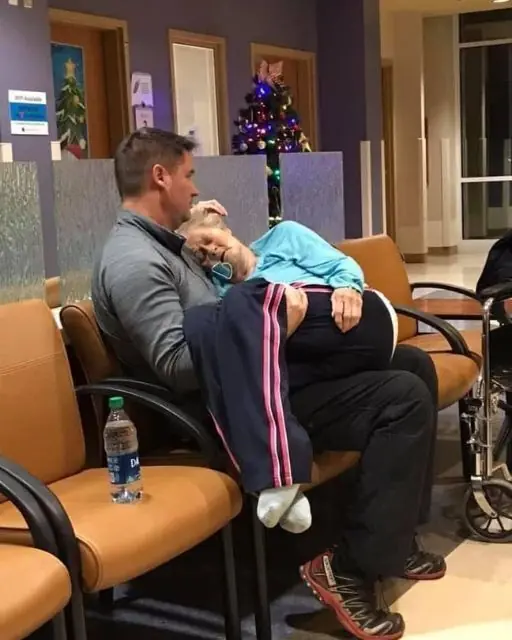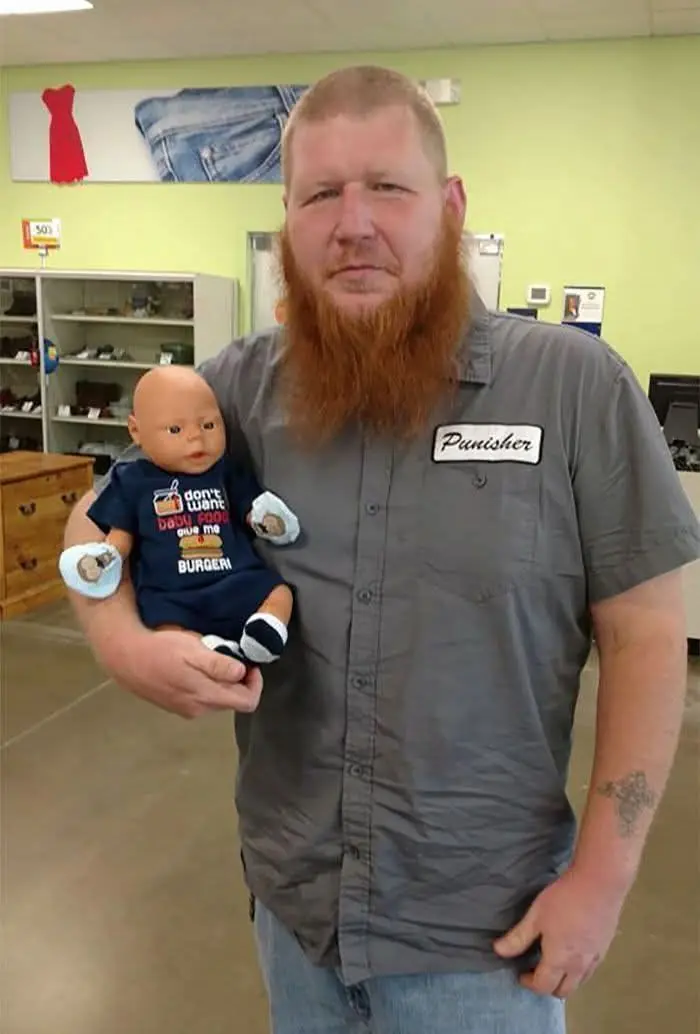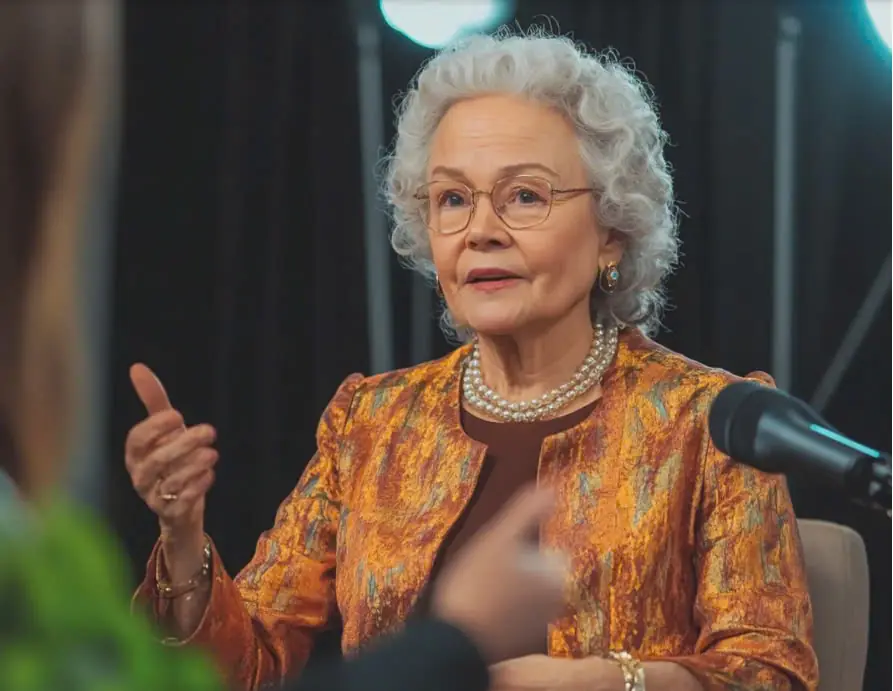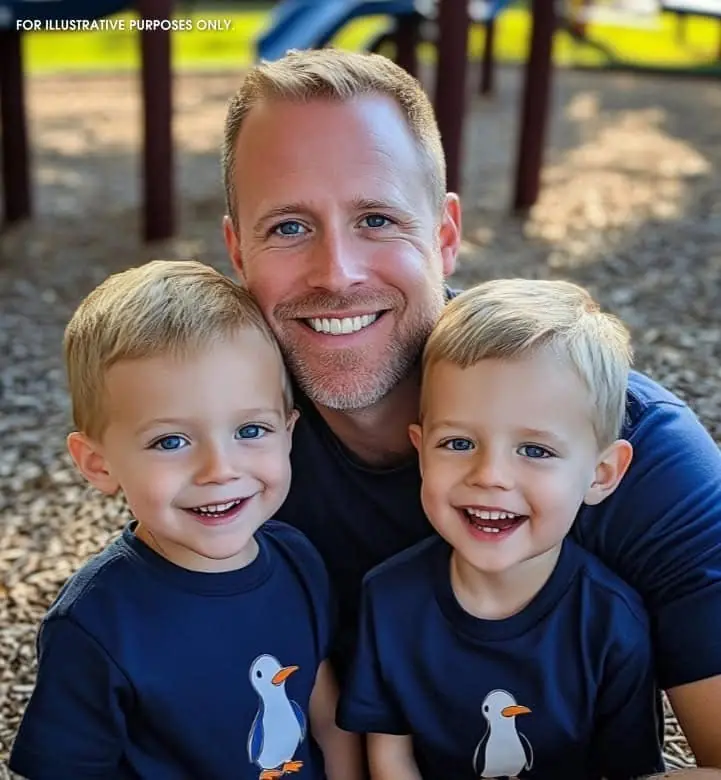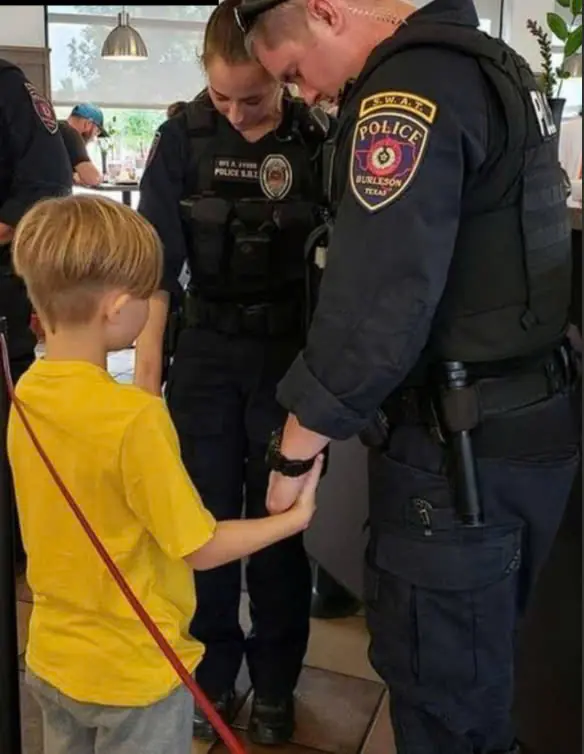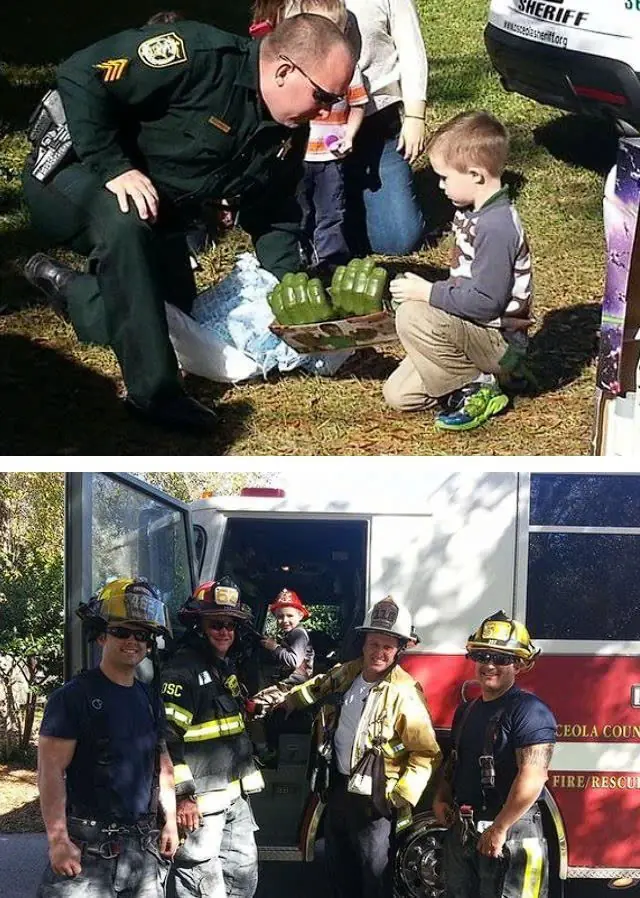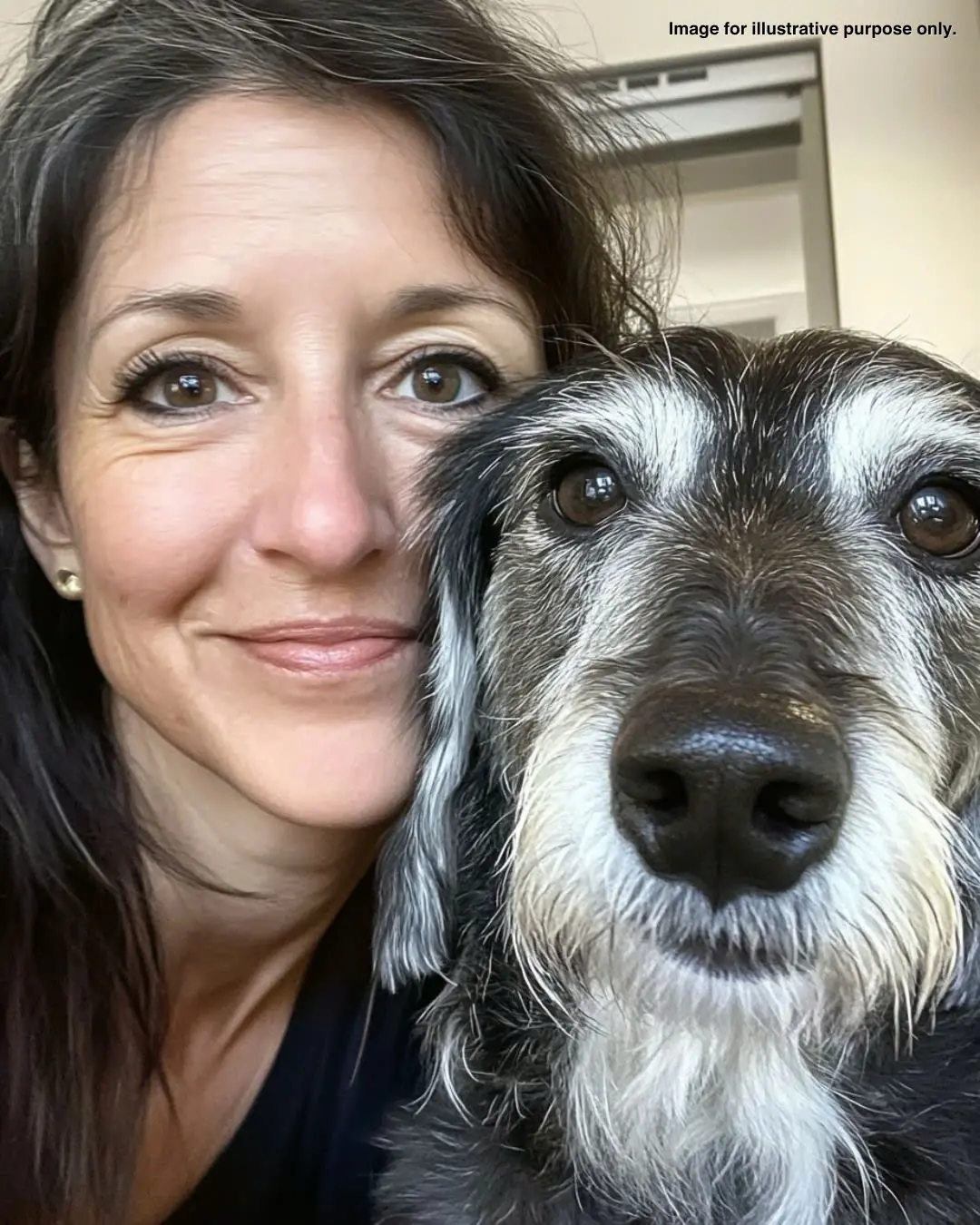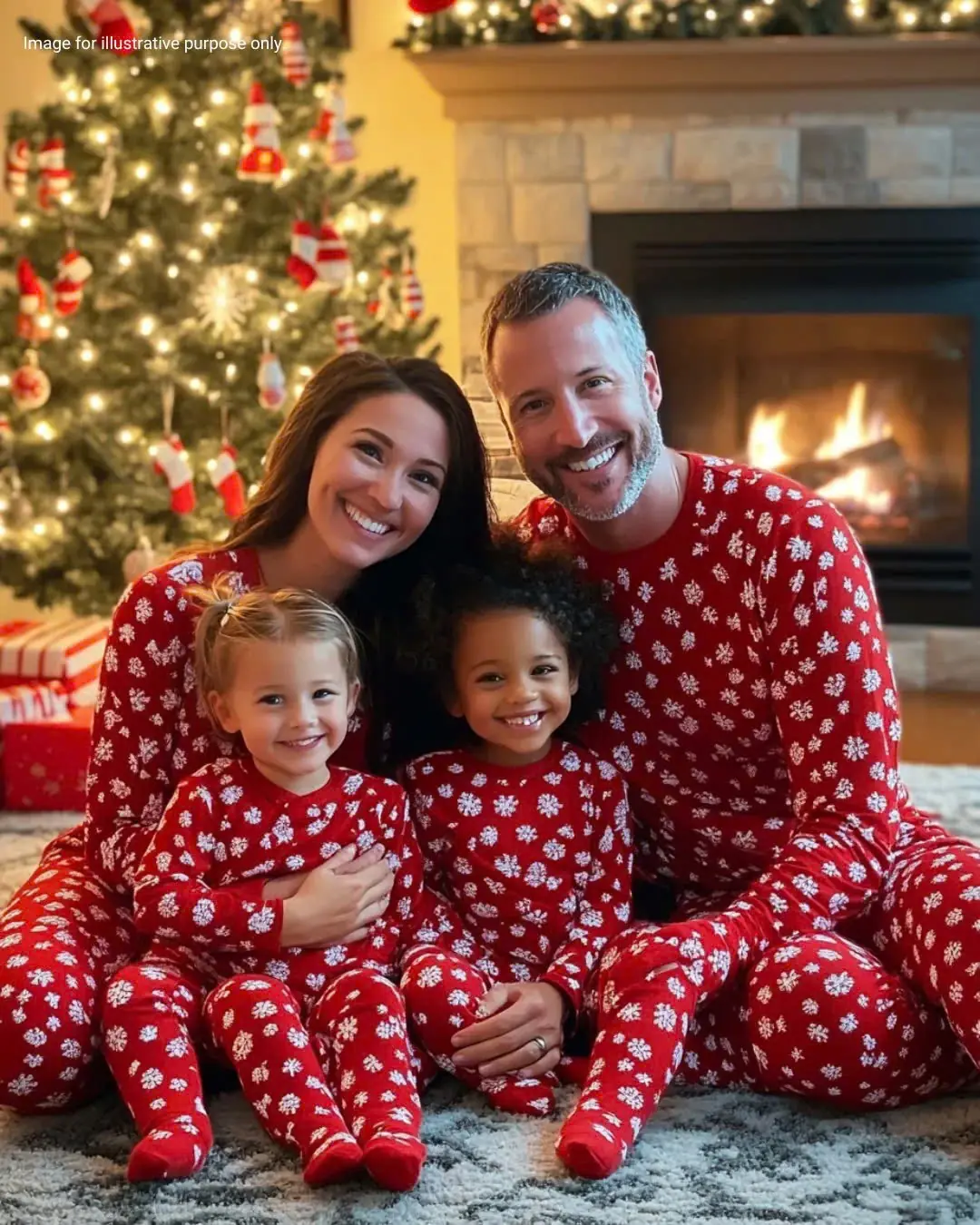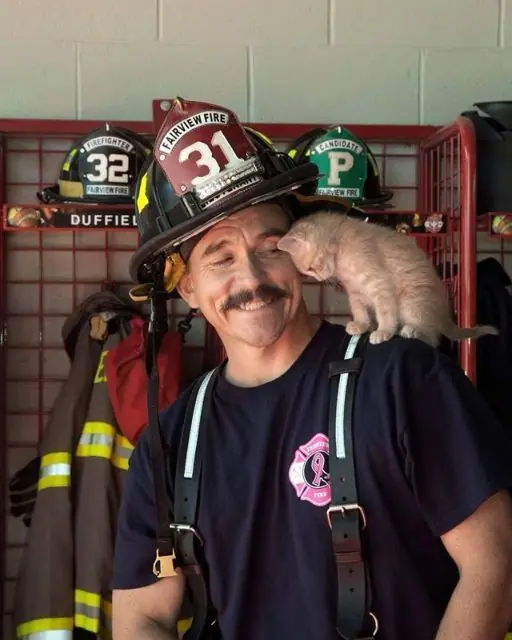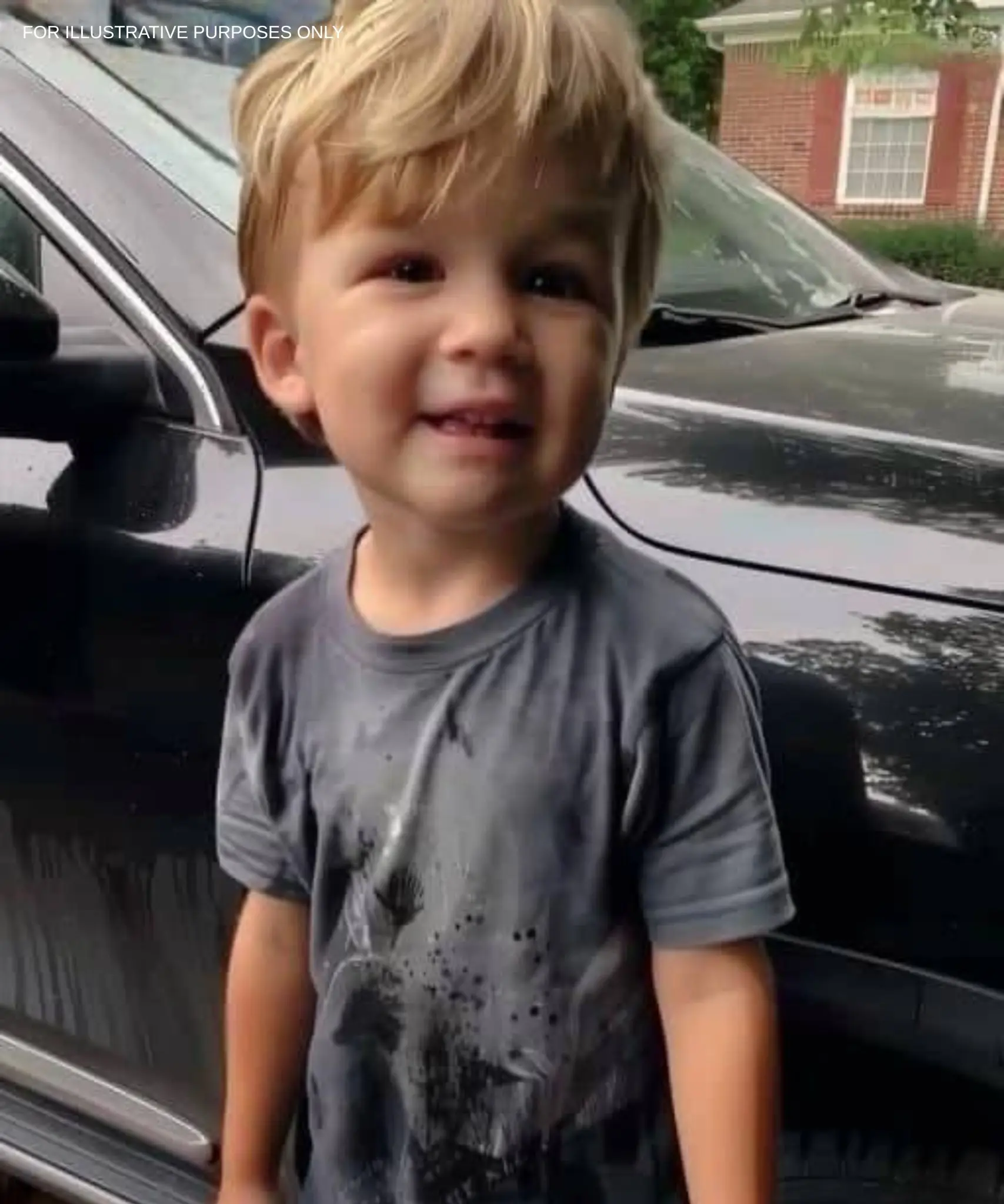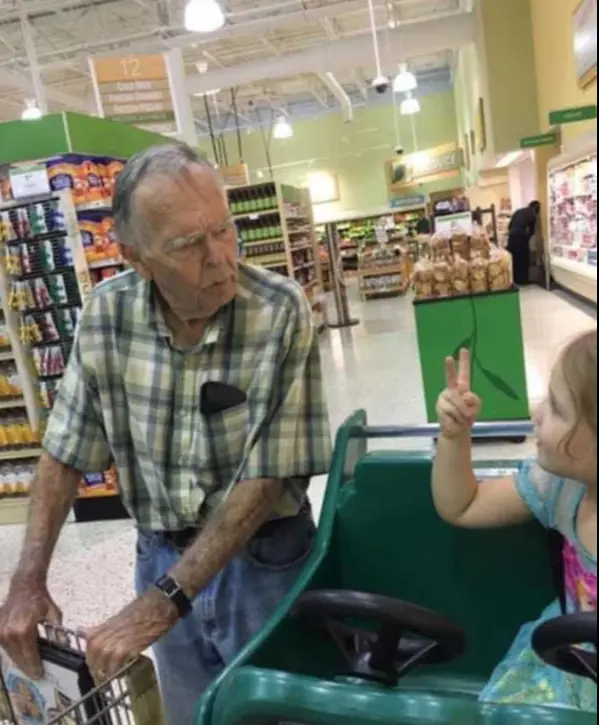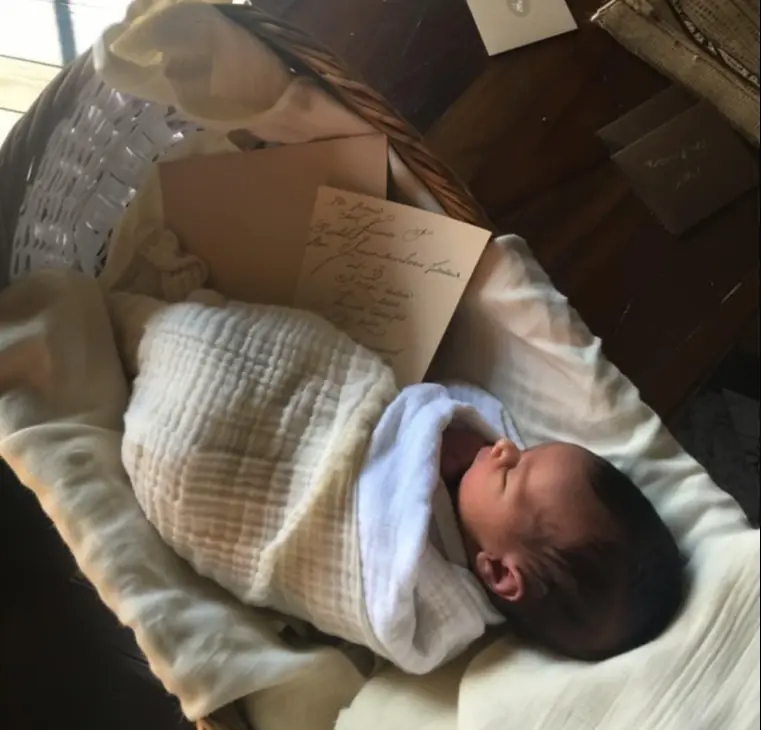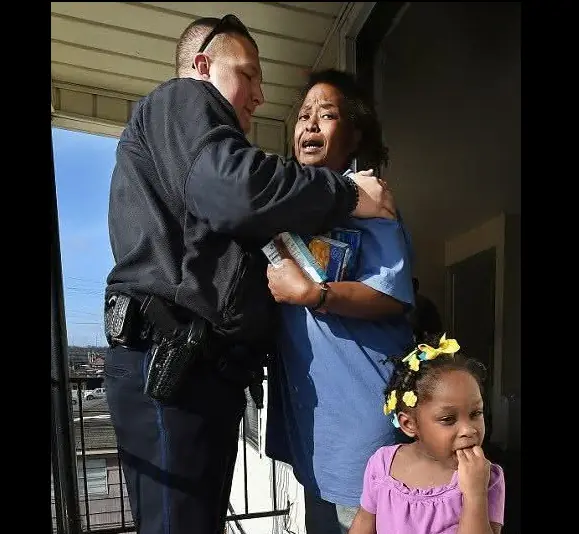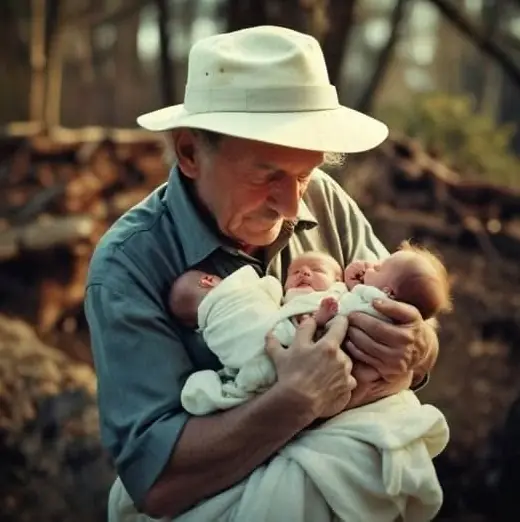I’m generally a hands-off parent when it comes to my kid’s social life. Ryan’s eleven now, and I’ve always believed he’d naturally gravitate towards his own group of friends, just like I did at that age. But lately, a subtle unease had been growing in me. Every Monday at school pickup, I’d overhear the excited chatter of the other kids animatedly discussing someone’s recent birthday bash—trips to trampoline parks, thrilling laser tag adventures, cozy backyard campouts under the stars. Ryan, however, would just sit quietly beside me, pulling the zipper of his hoodie all the way up, a forced nonchalance about him that didn't quite mask the fact that he was listening intently.
Initially, I brushed it off, thinking perhaps he’d simply forgotten to mention an invitation amidst the usual school day bustle. But as the weeks stretched into months, and after at least five separate parties had come and gone, not a single colorful invitation surfaced in his backpack. No cheerful, brightly colored envelopes, no casual mentions of group texts planning upcoming celebrations. When I gently broached the subject with him, he’d merely offer a dismissive shrug, uttering a casual “whatever” that didn’t quite ring true.
But it wasn’t “whatever.” Not when I happened to catch him one Saturday night, sitting alone on our porch steps in the dimming light, silently scrolling through a stream of photos his classmates had posted online – snapshots capturing all the laughter and fun of a party he hadn’t been invited to. The quiet disappointment etched on his face was a sharp pang in my heart.
So, yes. I reached my breaking point.
The following Sunday morning, fueled by a mixture of concern and frustration, I typed out a message. Thankfully, I had all the parents’ contact numbers saved from soccer team communications and PTA email lists. My message wasn’t intended to be angry or accusatory, not in the slightest. It was simply an honest expression of my observations and feelings. I told them that Ryan had noticed he hadn’t been included in any of the recent birthday parties. I admitted I wasn’t entirely sure of the reason behind it, but that witnessing his repeated exclusion was genuinely breaking my heart. I then asked them – directly and plainly – if there was something I needed to be aware of, some underlying issue I was missing.
Taking a deep breath, I hit the send button before I could succumb to the temptation of overthinking every word and potentially deleting the whole thing.
Barely three hours later, my phone buzzed. Not just a single notification, but a flurry of them. One mother confessed she’d been meaning to reach out to me. Another asked if I had a few minutes to talk privately. And then, a father sent me a message containing information that made me stop dead in my tracks, a sudden chill running through me despite the warmth of the afternoon sun.
As it turned out, there was indeed a specific reason why Ryan’s name consistently seemed to be absent from those party guest lists – and it was a reason far removed from the scenarios I had initially conjured in my mind.
At first, I had braced myself for the usual, somewhat generic explanations: “Oh, we just opted for a very small, intimate guest list this time,” or “We simply assumed Ryan already had other plans and was quite busy,” or even the slightly more disheartening, “Our child and Ryan have unfortunately grown apart a little lately.” But none of those anticipated responses materialized. Instead, the parents collectively revealed that Ryan himself had apparently been telling everyone that he didn’t really enjoy parties. He had apparently made a rather casual, offhand comment several months prior, during a class lunch break, remarking that birthday celebrations were “kind of babyish” and that he’d much rather stay home, engrossed in playing some new and exciting adventure game on his phone. That seemingly insignificant remark had spread through the fifth-grade social circles like wildfire.
“Ryan mentioned that parties bored him,” wrote Sarah, whose daughter Tessa is in the same class as Ryan. “He sounded quite convincing about it, so we all genuinely believed he wanted no part of the party invitations. Other kids overheard him saying it, and they just naturally assumed he wouldn’t want to come anyway.”
I re-read that particular line over and over: “Ryan said parties bored him.” It didn’t sound like my son at all. Ryan isn’t the most overtly outgoing child, but I certainly wouldn’t categorize him as antisocial or someone who actively avoids social gatherings. Then, a memory flickered in my mind – just a couple of months ago, I vaguely recalled him mentioning being teased at a classmate’s party. Some older boys had made fun of him for enthusiastically jumping around and expressing genuine excitement over the flavor of the birthday cake, labeling him as “too babyish.” Perhaps that seemingly minor incident had stuck with him more than I realized, prompting him to try and project an image of being cool and above such “childish” activities by declaring parties were dumb. And the next thing he knew, his classmates had all taken his words at face value. It had never even crossed my mind that a simple, fleeting comment could inadvertently shut him out of so many potentially fun experiences.
But something else equally significant emerged from the stream of messages I received: a palpable sense of relief from several of the parents. They openly admitted that they had been somewhat concerned about Ryan’s quiet demeanor in larger group settings. “I’ve noticed he tends to become withdrawn and quiet when there are a lot of kids around,” wrote Michael, Santiago’s father. “I honestly wasn’t sure if we should push him to attend the parties, fearing it might make him uncomfortable. We genuinely thought we were respecting his apparent wishes by not extending an invitation.” That particular message resonated deeply with me. They hadn’t been intentionally excluding him out of malice; they genuinely believed they were honoring what they perceived to be Ryan’s own preference.
I let out a long, slow breath in the quiet of my kitchen, my phone clutched tightly in one hand, the other instinctively covering my eyes. A complex mix of emotions washed over me – profound relief that there wasn’t some deeper social issue at play, coupled with a sharp pang of guilt for having initially placed blame on the other parents, the kids, the entire elementary school social ecosystem, when in reality, Ryan had unknowingly erected his own social barrier through a misguided attempt to fit in.
Now, the crucial task lay before me: figuring out the best way to address this unexpected revelation. The very first step, I knew, was to have a genuine, heart-to-heart conversation with Ryan – a conversation where I truly listened without judgment. That Sunday evening, I found him in his usual spot, sprawled out on the living room carpet, deeply engrossed in his phone. I gently told him I had something important I needed to share with him, so he reluctantly powered off his device, his expression a mixture of curiosity and apprehension.
I carefully explained what I had discovered through my messages with the other parents. He listened quietly at first, a slight frown creasing his forehead every now and then. But when I tentatively mentioned the possibility that he might have been teased and called “babyish” at that earlier party, I saw a telltale shimmer of unshed tears in the corners of his eyes. He tried his best to conceal his reaction, but I noticed him swallow hard, as if physically forcing his emotions back down.
“Mom, I was just trying to sound cool,” he finally whispered, his voice barely audible. “Everyone else acts like they’re way too grown-up for silly games and all that stuff. I didn’t want them to make fun of me again for still liking party hats and arcade tokens. So, I just said I didn’t care about parties at all.”
I felt my heart clench with a wave of empathy. It was a stark reminder of how unintentionally harsh kids can be with each other in their quest for social acceptance. But it also underscored the important lesson that sometimes, we have to be brave enough to speak up and express our true feelings if we genuinely desire to be included. No one, no matter how perceptive, can accurately guess what’s in our hearts and minds if we don’t find the courage to show them.
“What if we try to fix this together?” I asked gently, reaching out to place a reassuring hand on his shoulder. “Some of your friends’ parents mentioned wanting to talk more. Maybe you and I can reach out to them, let them know how you truly feel.” As I spoke, I saw Ryan’s guarded expression soften ever so slightly. I even caught a fleeting glimpse of that old spark of excitement in his eyes, the one he had been diligently trying to suppress in his efforts to appear “cool.”
“Okay,” he nodded slowly, a glimmer of hope replacing the earlier apprehension. “Let’s try.”
And that’s precisely how we ended up planning a casual, “just for fun” gathering at our own house, right in our backyard, the very next weekend. I sent another message to the parents, explaining that Ryan wanted a do-over – a genuine chance to simply hang out and have fun with everyone. Initially, a wave of anxiety washed over me as I worried that no one would actually show up. But come Saturday morning, as I peered through my living room window, I was met with the heartwarming sight of a steady stream of kids making their way up our driveway.
I quickly busied myself setting up a few folding tables, stringing colorful paper lanterns across the patio, and inflating a bunch of brightly colored balloons. Meanwhile, Ryan was in the backyard, pacing back and forth with a palpable mix of excitement and nervous anticipation. Finally, the kids started trickling through the side gate – Tessa, Malik, Zuri, Bennett, and a few other familiar faces, all sporting expressions of mild curiosity. Ryan, looking slightly self-conscious, rubbed the back of his neck, offered a shy but genuine smile, and warmly welcomed them.
“Hey, everyone,” he said, his voice cracking just a little with nerves. “Uh, thanks for coming over. I… I actually do like parties.” A ripple of laughter spread through the small group, but it wasn’t the mocking kind he had feared; instead, it was a relieved, warm, and accepting sound. The rest of the afternoon unfolded surprisingly easily. The kids spread out comfortably on the grass, happily digging into the simple snacks we had laid out (a colorful assortment of chips, fresh fruit kebabs, and fudgy brownies), and engaged in the easy, flowing conversations that are the hallmark of genuine friendship. They played a lively game of cornhole, took turns enthusiastically whacking an old, slightly battered piñata I had unearthed from the depths of our garage, and erupted in giggles every time it stubbornly refused to break open – until it finally did, sending a shower of colorful candies scattering across the lawn.
Amidst all the joyful chaos, I noticed Ryan’s shoulders visibly relax. For the first time in what felt like months, I watched my son genuinely light up as he effortlessly connected with the kids around him. We hadn’t needed anything elaborate or expensive; just a few simple games, some tasty treats, and, most importantly, open hearts and a willingness to connect.
The absolute best part of the day? By the time the afternoon drew to a close, the kids themselves had enthusiastically made a plan to take turns hosting their own casual hangouts in the coming weeks. Nothing overly structured or financially demanding – perhaps a simple board game night at Zuri’s house, or a fun “make your own sundae” bar at Tessa’s. They were eager to keep the newfound fun going, and Ryan wasn’t just invited to these future gatherings; they had actively included him in the planning committee. It was as if a switch had been flipped, and suddenly, he felt like he truly had his own supportive circle of friends again.
Before everyone departed that day, I took the opportunity to apologize (privately and individually) to the parents for my initial, somewhat reactive message. Not that I regretted reaching out for help – because I clearly had needed to – but I wanted to express my regret if my initial tone had come across as accusatory or judgmental. Almost all of them responded with similar sentiments: “We’re actually really glad you reached out, [Your Name]. If you hadn’t, we would have simply continued to assume that Ryan was happier keeping to himself.”
That, I realized, was the most profound lesson in all of this for me. Sometimes, all it takes is a little bit of open and honest communication to clear up massive misunderstandings that can inadvertently create distance between people. So many problems, big and small, could potentially be resolved if we all made a greater effort to share our true feelings and actively listen to what others are trying to communicate. It’s not always the most comfortable path, but it’s almost always worth the initial discomfort.
After all the kids had finally left, Ryan and I stood together in the backyard, surveying the remnants of a successful afternoon – the scattered empty cups and colorful candy wrappers strewn across the grass. He turned to me, a small, tired but genuinely happy smile gracing his lips.
“Mom,” he said softly, “I’m really glad we did this.”
I nodded, pulling him into a warm hug as the late afternoon sun began to dip below the horizon, casting long shadows across the lawn. I felt an overwhelming sense of relief, but even more so, an immense feeling of pride in my son for being brave enough to admit his desire to belong and for allowing himself to be vulnerable.
Over the following few weeks, Ryan’s weekends began to look drastically different. He wasn’t spending his Saturdays and Sundays staring forlornly at his phone, watching the virtual highlights of parties he had missed. Instead, he was out there, actively participating and joyfully joining in. And whenever he experienced a fleeting moment of self-doubt or felt the urge to revert to his “cool” facade, I gently reminded him that he didn’t have to pretend to be above having fun. He was absolutely allowed to enjoy the simple pleasures of being eleven. Heck, we’re all allowed to embrace joy at any age.
If there’s one enduring lesson I’ve taken away from this whole experience, it’s the crucial reminder that we should never make assumptions about what someone else might be thinking or feeling. Kids, in their earnest attempts to avoid being teased or ostracized, might inadvertently cut themselves off from the very friends who genuinely want them around. But it’s almost never too late to bridge those gaps and mend those misunderstandings. Whether you’re a parent, a caring aunt or uncle, a dedicated teacher, or simply anyone who cares about the well-being of children, I sincerely hope our little story serves as a gentle reminder to proactively check in, foster open and honest conversations, and intentionally create those vital moments of genuine connection before misunderstandings have the chance to take root and grow.
Ryan has finally found that healthy middle ground – he can now be his authentic self, wholeheartedly enjoy the simple joys of childhood, and still maintain his sense of self-respect and pride. And his classmates? They were given the opportunity to see beyond his initial facade and realize that he wasn’t intentionally antisocial; he had simply been a little guarded and unsure. Once that small wall of pretense came down, genuine friendships were able to blossom once again.
So, if you’re reading this and a particular child – or even an adult – who often seems to be on the outside looking in comes to mind, please consider reaching out to them. Sometimes, all it truly takes is a gentle, heartfelt conversation to bring someone back into the circle and remind them that they are valued and wanted. Don’t wait for an invitation that might never arrive. A small, thoughtful gesture can have the power to completely rewrite someone’s experience.
Thank you for taking the time to be a part of our story. If it has resonated with you in any way or perhaps offered a new perspective on the importance of inclusion, please feel free to share it with someone else who might benefit from reading it. And if you have a moment, a simple like can help our family’s little lesson in kindness and communication reach a wider audience.
Let’s keep the conversation going – and always remember that sometimes, a heartfelt message, sent with genuine care, is all it takes to bring someone from the periphery to the very heart of the party.
